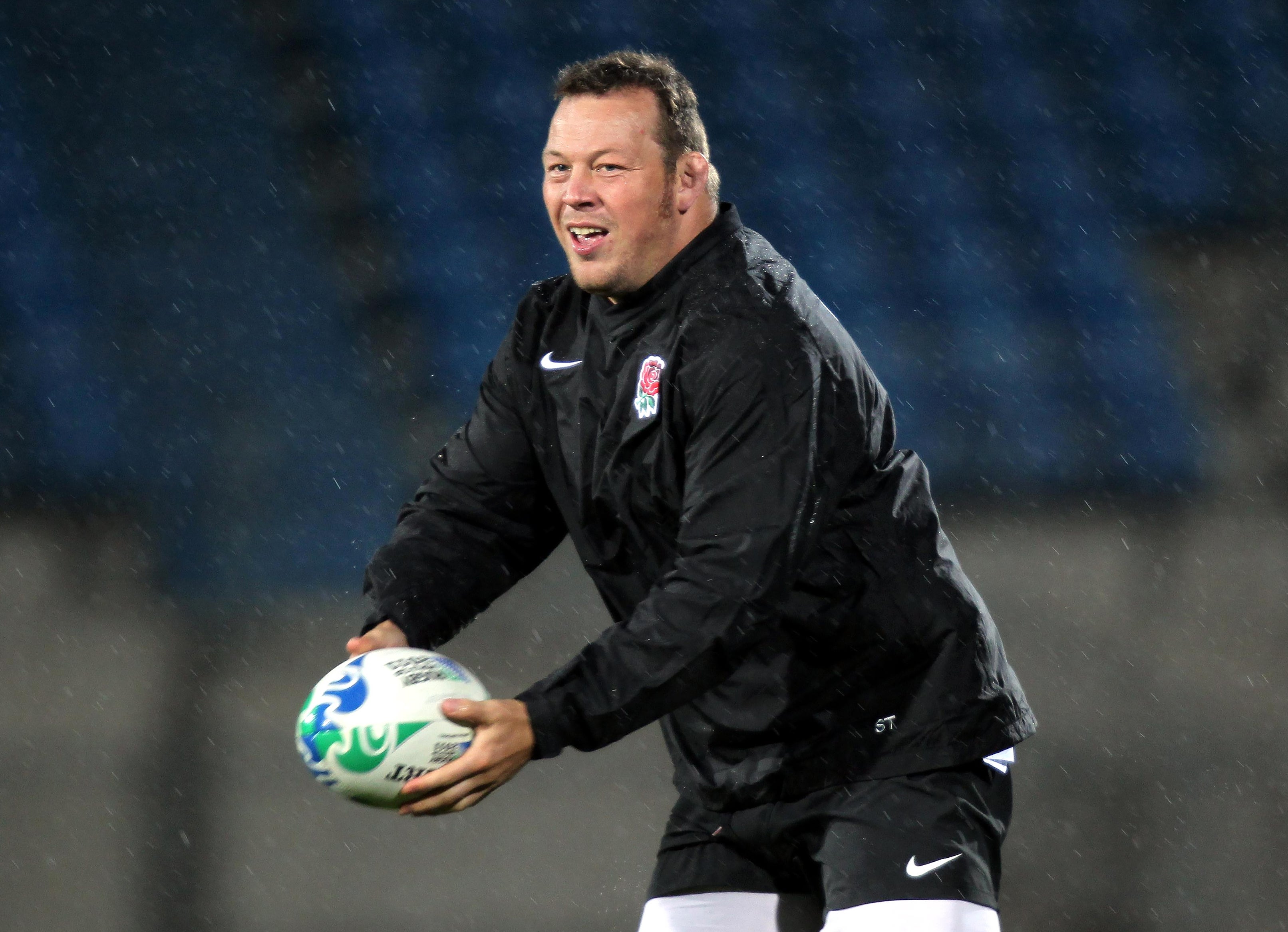Fans feel enough is being done on concussion despite views of academics
Football’s concussion protocols have been described as a shambles by Professor Willie Stewart.

Your support helps us to tell the story
From reproductive rights to climate change to Big Tech, The Independent is on the ground when the story is developing. Whether it's investigating the financials of Elon Musk's pro-Trump PAC or producing our latest documentary, 'The A Word', which shines a light on the American women fighting for reproductive rights, we know how important it is to parse out the facts from the messaging.
At such a critical moment in US history, we need reporters on the ground. Your donation allows us to keep sending journalists to speak to both sides of the story.
The Independent is trusted by Americans across the entire political spectrum. And unlike many other quality news outlets, we choose not to lock Americans out of our reporting and analysis with paywalls. We believe quality journalism should be available to everyone, paid for by those who can afford it.
Your support makes all the difference.Almost two-thirds of football and rugby fans believe the sports they follow are doing enough – or even too much – to manage the risks of concussion, despite campaigners calling for more to be done.
A survey conducted by Ipsos last month found 63 per cent of football fans and 64 per cent of rugby fans felt their sports were either doing the right amount to prevent brain injury, or had even gone a little or much too far (18 per cent in both sports).
The view among the majority of fans that the sports are on top of the issue contrasts with the calls from academics, players’ groups and the families of those affected by neurodegenerative disease for the football and rugby authorities to take more decisive action.
Football’s concussion protocols have been described as “a shambles” by Professor Willie Stewart.
He led the FIELD Study, which in 2019 found that footballers were three and a half times more likely to die of neurodegenerative disease than age-matched members of the population.
Since then, the English Football Association has introduced guideline limits on the amount of heading done in training at all levels of the game, from children’s grassroots football right up to the professional level.
Football’s lawmaking body, the International Football Association Board (IFAB) has commissioned trials of additional, permanent concussion substitutes in leagues around the world which are set to continue in the 2022-23 season.
The intention of the trials is to avoid medical or coaching staff taking a chance on a player who is suspected of having suffered a concussion, or be in the position of being forced to keep a player on because the regular substitutes have all been used.
Players’ unions, including the Professional Footballers’ Association, along with brain injury charity Headway and campaigners such as Dawn Astle are adamant that temporary concussion substitutes should be trialled as well. They see temporary substitutes as a better option and believe they allow for a longer assessment period off the pitch.
The Ipsos survey featured 2,051 respondents overall, 921 of whom described themselves as football fans. Of that group, 28 per cent said current measures in the sport did not go quite, or nearly, far enough.
Sixty four per cent of rugby union fans in the survey – a group of 519 – believe at least the right amount is being done to prevent concussions in the sport.
World Rugby has redefined illegal, high tackle categories and introduced stronger sanctions for high tackles.
However, the sport’s return to play protocols – which can allow a player to return to action in as little as six days after a concussion – have been criticised by campaign group Progressive Rugby.
The group points to a recent scientific study which showed that damage to the brain of male and female players who had suffered a concussion but passed the conventional tests was still present two weeks after the injury.
A group of former players including former England international and World Cup winner Steve Thompson have launched a legal action against the game’s authorities.
Members of the group – including Thompson – have been diagnosed with early onset dementia and argue that the sport did not do enough to prevent them from repeated exposure to head injuries.
The percentage of rugby fans who feel the sport is not doing enough is 29 per cent.